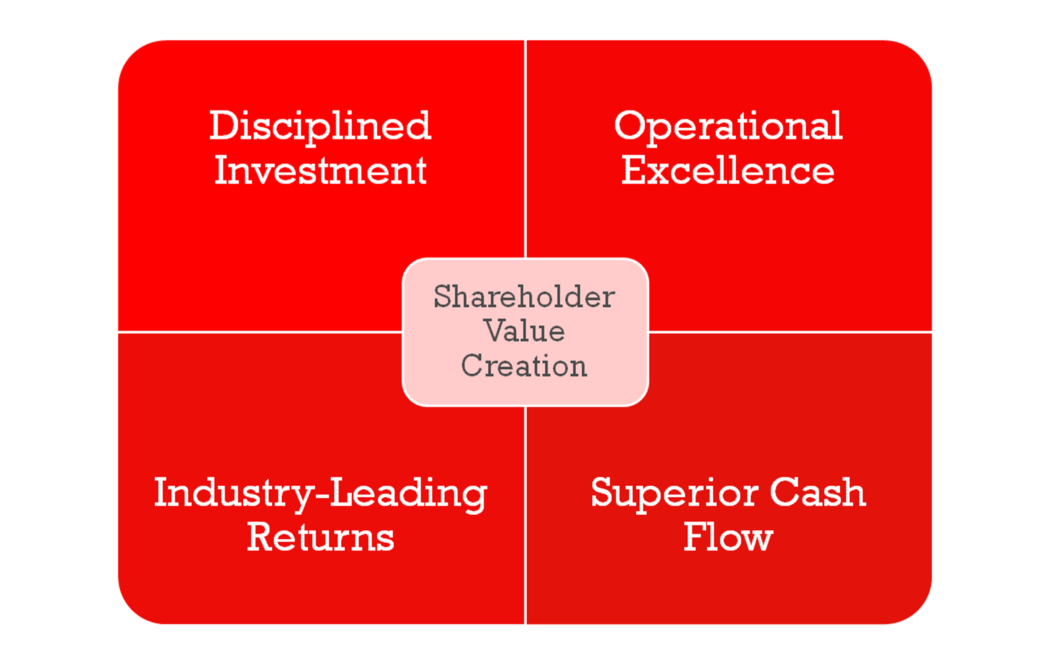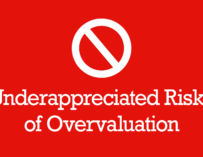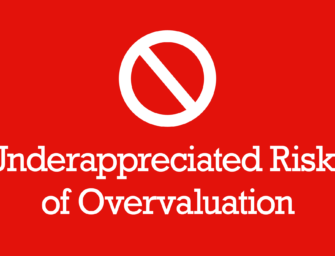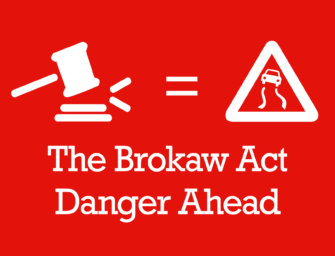Creating Shareholder Value Is Not In A CEO’s Best Interest
Creating shareholder value is the work of no-good activist investors and corporate raiders. Say no to shareholder value, say yes to the status quo. That is more or less the gist of the knee-jerk response troubled corporate boards tend to repeat these days when faced with scrutiny for their collective failures and shortcomings.
Not verbally of course, but by their actions.
Well, the only Status Quo I will say yes to is a British rock band from the 80s. Anyone else should have to live up to their fiduciary duties and responsibilities. Unfortunately for shareholders, this continues to be a disappointingly rare occurrence, much like Bigfoot sightings.
The reason is that, for the most part, the majority interests in U.S. public companies are held by institutional investors with passive mandates. Moreover, these major institutions, despite their size, tend to fear the loss of access to corporate management as well as the massive withdrawal of 401(k) funds under management if they were to adopt a more active investment approach.
It is a sensible and real fear that is worth addressing as it underlines a fundamental and pervasive problem that hinders long-term value creation and competitiveness.
But do not take my word for it; instead take a look at Japan.
The trouble that Japan and a host of other countries had to cope with is the painful reality that whenever shareholder activism is discouraged and shareholders are passive (for structural, social, cultural or other reasons), corporations and economies can be doomed to underperform for a generation or more with no chance of real improvement.
When economic growth and value creation is a priority, investors are right to be alarmed by the onslaught of attempts to curtail shareholder activism under the guise of anti-short-termism and other veiled efforts to restrict shareholder rights.
Based on the merits of shareholder activism and creating shareholder value, it is difficult for me to imagine a more essential and beneficial free market solution against entrenched value destruction, where, despite what critics say, success can only be achieved with majority shareholder support and the costs of the engagement are borne by the activist investor for the benefit of all shareholders.
Creating Shareholder Value: Lack of Interest vs Alignment of Interest
Short-termism is an issue, no doubt. And while I tend to agree with business and political leaders that the emphasis on quarterly results is preventing corporations from making disciplined investments needed for long-term growth, it is vital to point out that their arguments to dramatically cut back on shareholder rights are nonetheless stacked with skewed views and logical flaws.
Especially, since corporate short-termism is not a result of shareholder activism or creating shareholder value.
The proof is in the details. All it takes is a perfunctory glance at the list of merger transactions that should happen between companies with a large degree of strategic overlap, but fail to happen due to so-called “business culture” issues.
It should come as no surprise that these business culture issues often include the desire of the target company CEOs to keep their job and its associated executive compensation while preserving the perks of power and social status that come with being in the “C suite” of a large public company.
Put another way, while these mergers and acquisitions can create significant value for the benefit of all shareholders, the senior management teams and boards of the target company may reject such transactions due to the limited alignment of interest.
The root of the problem is the way executive compensation packages for senior management teams are structured at most public companies today. In the case of CEOs, their compensation is tied to performance, which should be a good thing since performance-based incentives tend to strengthen alignment of interest. But does it actually work?
CEOs are usually granted restricted stock and options in addition to their annual base salaries that are based on target and reach levels of annual earnings performance. However, since these amounts are granted annually and valued based on the share prices at the time of grant, CEOs are actually strongly incentivized to not enhance shareholder value until shortly before their retirement.
The reason is that if they were to unlock shareholder value too readily, the strike price of their annual option grants will be higher than they would need to be, resulting in a net decrease of shares underlying the restricted stock and options they receive over time compared to the number of shares they would receive if the stock price had remained lower during their tenure at the company. And if Warren Buffett is correct in his assessment of Coca-Cola’s controversial executive pay plan, it is a problem that would get even more problematic in the absence of strong shareholder rights.
“There’s a social dimension to being on a board. Even “independent” directors aren’t really all that independent because they often want to keep a prestigious job that pays well and has relatively few duties”, Buffett said, adding that when choosing board members, “They do not look for Dobermans. They look for Cocker Spaniels and then they make sure their tails are wagging.”
The reality is, today’s CEOs have a financial incentive to see their companies’ stock price rise gradually enough to keep their positions, but not so quickly that it would decrease their total compensation by creating shareholder value precipitately.
Perhaps, Buffett is correct in his assessment that “There’s no CEO who looks at proxy statements and comes away thinking they should be paid less… It is only human to look at a whole bunch of proxy statements and say, I’m worth a lot more than that guy.”
Even so, I like to believe that there are exceptions and not all CEOs behave this way, but it is important to understand that traditional management compensation encourages CEOs to keep shareholder value locked in much longer rather than enhancing it for the benefit of all shareholders. And whenever creating shareholder value is not in management’s best interest, strong shareholder rights tend to be the deciding factor between promise and performance.









Related Articles